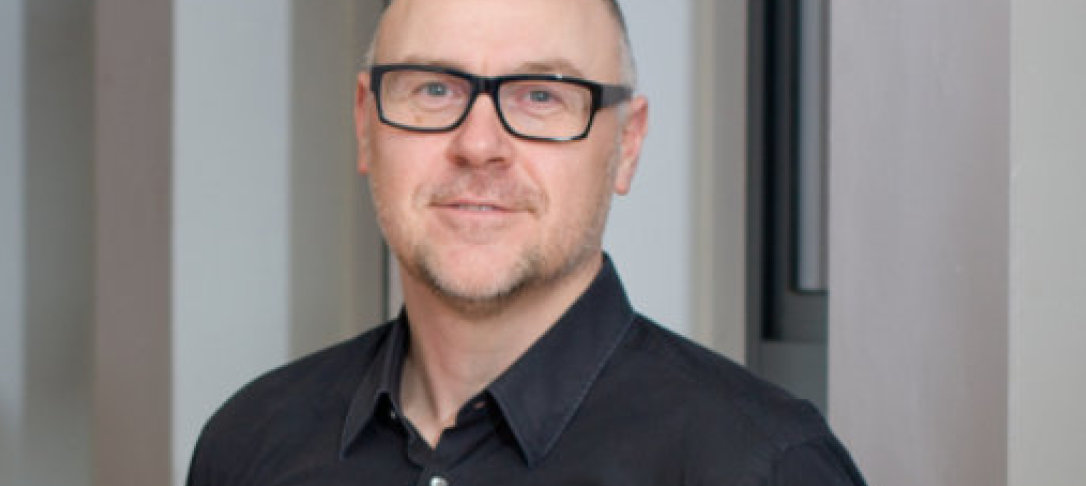
To join this session please follow the link – MS Teams
Professor of Engineering Design, Martin Mayfield, University of Sheffield
Title – Climate Change – Hoping for the Best and Planning for the Worst
Professor Mayfield will explore the concepts of extreme adaptation of climate change and extreme mitigation of climate change.
In the UK, the 4th and 5th Carbon budgets will not be achieved without addressing the issue of heat. The declaration of climate emergencies and the net zero 2050 carbon targets announced by the government in 2019 highlight the importance of decarbonising the built environment and more importantly improving the thermal performance of built assets.
To retrofit most of our 29 million homes will require a process that automates the analysis of these buildings and the synthesis of solutions. Prof, Mayfield will go through work to date funded through a capital investment supported by UKCRIC and ongoing work supported by the Active Building Centre. The work is setting out to integrate visual, thermal, hyperspectral and LiDAR data in order to support a deep learning approach to asset classification.
This will be counterpoised with a project that seeks to support planning for extreme climate change, focusing upon cities and infrastructure systems, outlining the rationale and proposed approach. Our infrastructures are complex engineering and engineered systems which interact with a complex natural system in an increasingly uncertain manner. Prof. Mayfield will outline an engineering approach to the issue and the work that is beginning in Sheffield to explore how we respond to this challenge.
Biography
Martin is an engineer with design and research expertise spanning systems engineering, sustainable design, climate change mitigation and adaptation, mission critical and city systems. His work is focused on the pursuit of sustainable design solutions that balance complex engineered systems with nature.
He spent 24 years practicing as a designer of engineering systems at Mott MacDonald and as a Director of Arup. These roles entailed leading large teams of professional Engineers from a range of disciplines, working on a diverse array of projects in the UK and overseas.
He is currently the Infrastructure Research Leader for Engineering at Sheffield. He co-leads a group of 20 researchers working across the nexus of technology and infrastructure to enable the creation of a built environment that allows humanity to thrive within the carrying capacity of the planet. He has a grant portfolio of over £50m comprising both research, network and capital grants.
His current work is focused on how cities and infrastructure systems respond to scenarios of extreme climate change and extreme adaptation, how to automate the process of retrofitting the built environment to achieve the net zero target, and delivering the Smart City agenda at low cost.
The Centre for Systems Engineering and Innovation 2020 Seminar Series
Future Infrastructure Design and Planning for (climate) Resilient Societies
The complexities of modern systems vital to civil infrastructure continues to increase with the overlap of many traditional silos of knowledge and activity brought about by the progression to digitisation. The impact of human activity and the speed in which societal transformation is occurring across the globe require transdisciplinary research that develops innovative tools and clear insight to enable informed decision-making for the systems we depend upon.
CSEI is pleased to announce the 2020 Seminar Series on Future Infrastructure Design and Planning for (climate) Resilient Societies. Each seminar will focus on an individual area of research influencing civil infrastructure design and planning and will provide attendees with a unique insight into how Imperial is working with industry partners to deliver world class research and support the transition to more resilient and sustainable approach to civil infrastructure projects.